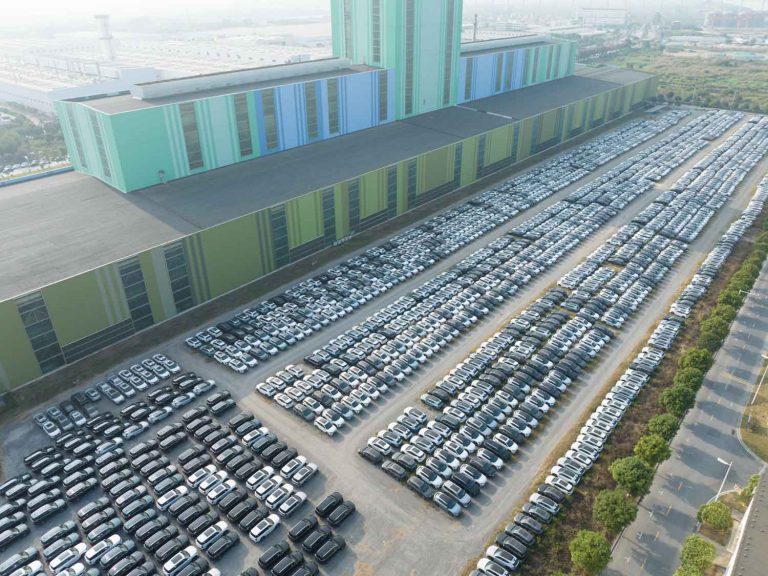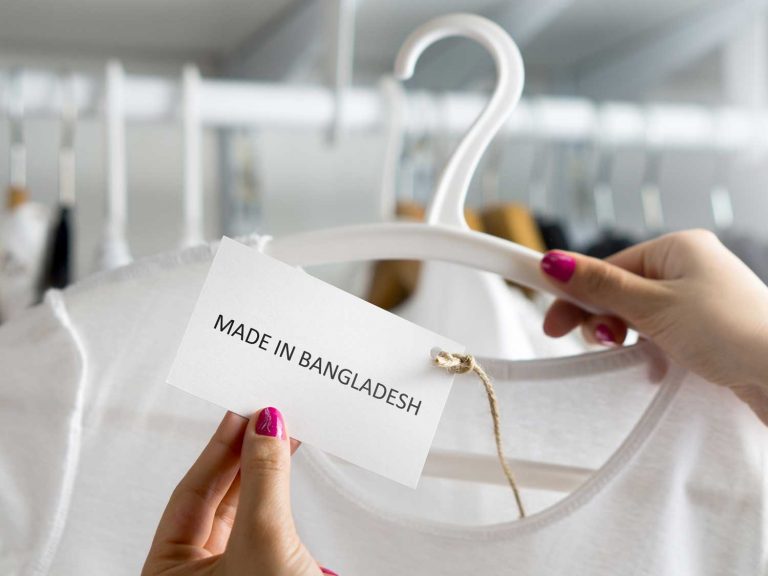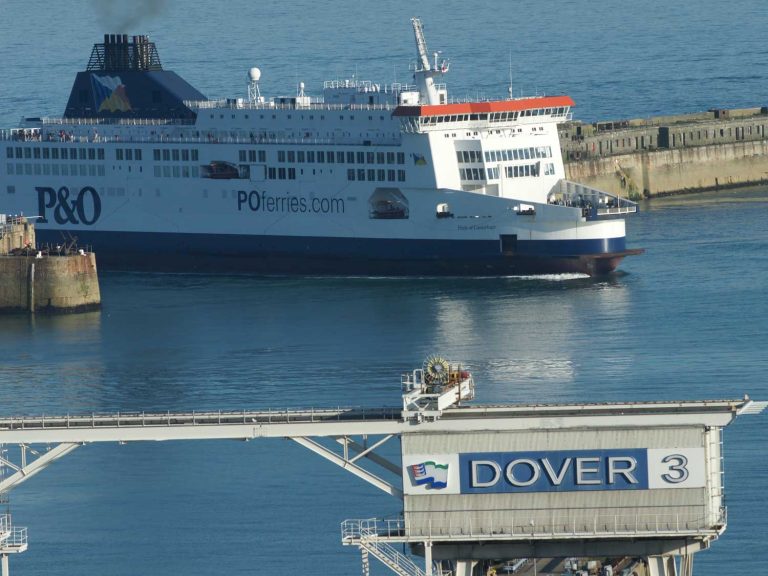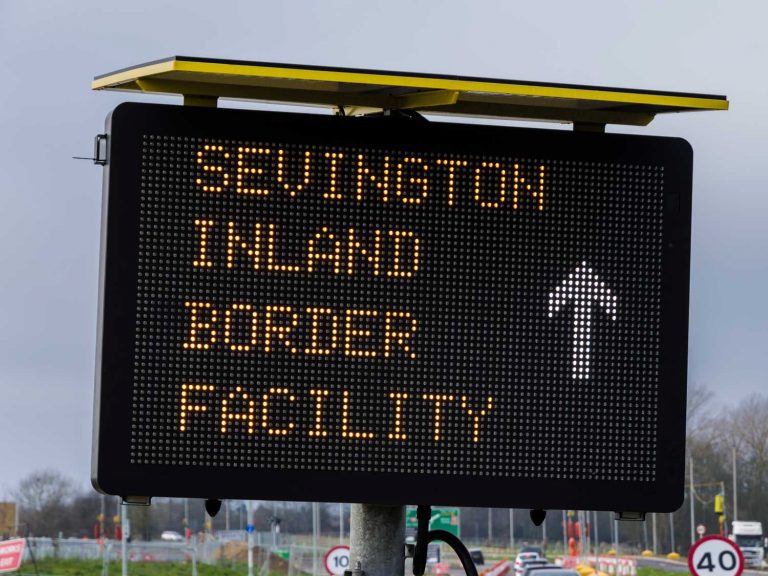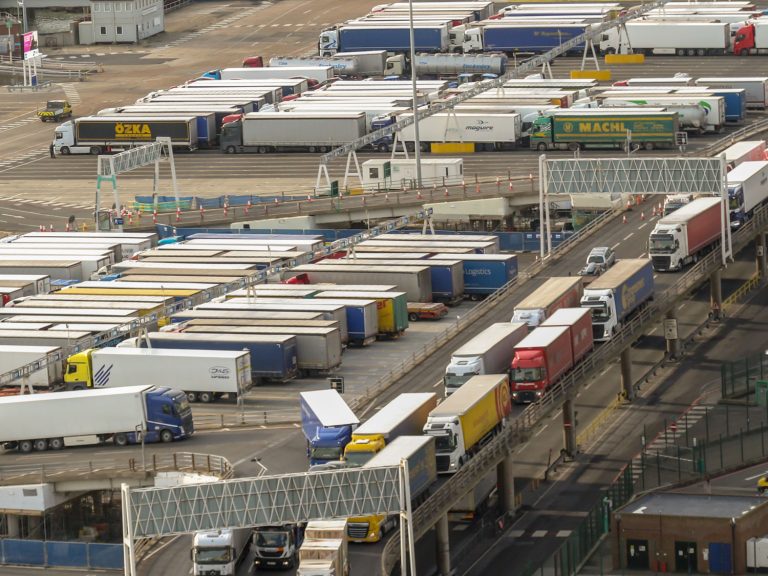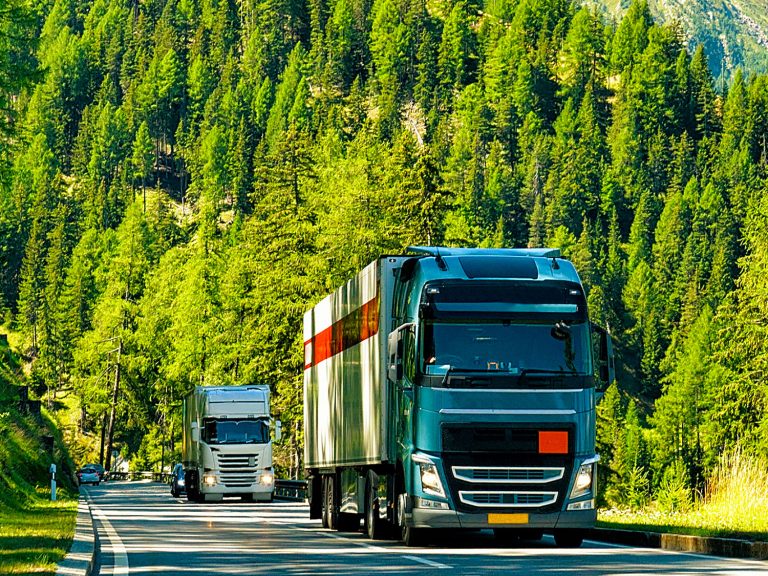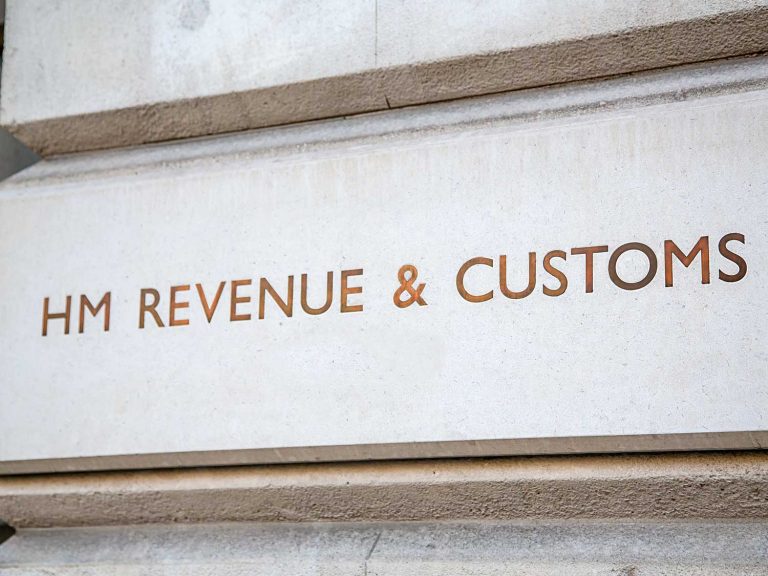China dumping fears growing
The United States is voicing increasing concerns that Chinese manufacturing overcapacity will hit world markets, while the EU launched an anti-dumping investigation into China’s EV industry last year.
Senior US Treasury officials told the Financial Times this week that a visiting US delega...
Read more New Developing Countries Trading Scheme
The UK government launched a new preferential trading scheme, The Developing Countries Trading Scheme (DCTS) last year, to provide tariff concessions for developing countries exporting to the UK market.
The DCTS replaces the Generalised Scheme of Preferences (GSP) and extends tariff cuts to hu...
Read more Metro’s new LCL guru
With over 20 years' experience in freight and logistics, the majority of which has been in the ocean freight environment and specifically the LCL product, in the UK and overseas, we are pleased to introduce our new Senior LCL Commercial Manager, Jane Kenny, who is leading this critical service ar...
Read more Supply chain; a year in review
2023 was supposed to be the year that global supply chains bounced back from pandemic lockdowns and factory shutdowns, trade wars, tariffs and war in Europe, but now container shipping is disrupted by attacks in the Red Sea and restrictions on the Panama Canal.
The COVID pandemic and its after...
Read more HMRC export deadline and rogue hauliers
With the deadline fast approaching for export declarations moving to the Customs Declaration Service HMRC are highlighting a worrying trend at the border, with misuse of valid documents leaving innocent exporters potentially non-compliant and exposed to penalties.
In their latest Customs...
Read more Businesses face 24 legislative and policy supply chain changes
The Institute of Export & International Trade has issued a report highlighting the volume of regulatory change facing UK traders over the next 18 months and called for support for businesses through this turbulent period.
The report – The Border Target Operating Model and Beyond: Navigat...
Read more Final stage of EU’s Import Control System 2
On the 1st March 2024, the European Union is launching the 3rd and final part of its pre-loading and pre-arrival safety and security programme, which requires pre-advice of mandatory information and failure by shippers to comply may lead to goods being rejected by the airline, shipping line, rail...
Read more Get ready for the NI Windsor Agreement processes
The Windsor Framework was agreed in February to ease post-Brexit trade between Northern Ireland (NI) and the rest of the UK, but concerns remain about a continuing lack of clarity over the details of the Windsor Framework - which begins to come into force from the 1st October.
Prior to the Win...
Read more HMRC to phase export transition to CDS
HMRC announced last week that after listening to industry leaders they had decided to move away from the planned hard start on the 30th November 2023, in favour of a phased transition to the Customs Declaration Service (CDS) from the current Customs Handling of Import and Export Freight (CHIEF) p...
Read more Food border checks delayed for 5th time
The UK was set to roll out new health certification requirements for medium and high-risk goods originating in the EU, such as meat and dairy, from October, but there is now official confirmation from No 10 that last week’s Financial Times report was correct and the government is postponing bor...
Read more Take your customs declarations to a whole new level
Metro provide customs clearance services at all UK airports and ports of arrival and departure, including inland border points, with import and export entry processes completed within two hours.
Simply provide us with your commercial invoice, packing list and any other supporting documents and...
Read more HMRC chasing forwarders for outstanding duty and VAT
Our trade body, the British International Freight Association (BIFA) has advised members, including Metro, to be cautious while acting as ‘indirect representatives’, as HMRC have been taking action against UK intermediaries in relation to valuation issues, under-paid duties and VAT since 2021...
Read more 
